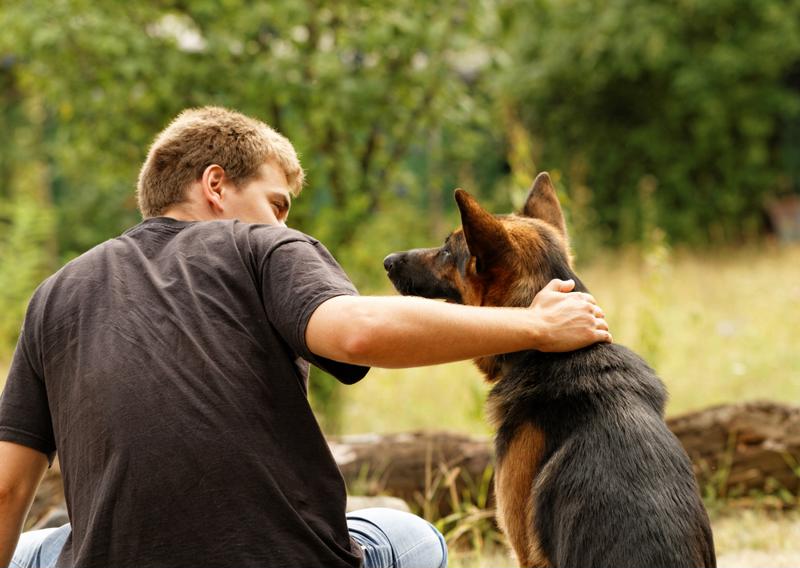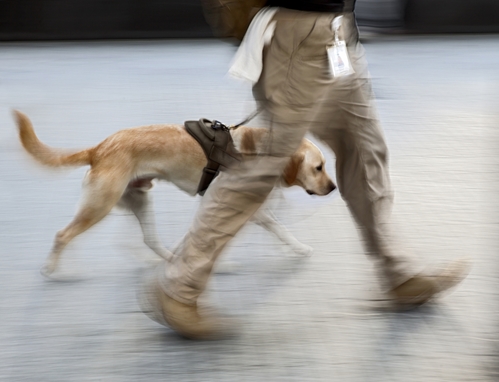Numerous studies have shown that veterans struggling with a number of physical or mental health issues tend to do better in their everyday lives with the help of service animals. To that end, greater efforts are now being undertaken all over the country to connect vets with dogs and other creatures to help them navigate any given day. The stakes here are quite high, because while many people aim to help vets in any way they can, it's not always easy to actually connect them with these sometimes life-saving animals.
Often, a properly trained service animal can cost a vet thousands of dollars or more, and while the help these creatures provide is priceless at the end of the day, putting together that kind of money isn't always easy, according to a report from the Independent Journal Review. As a result, federal lawmakers and a handful of veterans are working to pass the Puppies Assisting Wounded Service Members (or PAWS) Act, and things seem to be going well early in the legislative process.

Easy to get onboard
Most lawmakers are willing to help out vets legislatively whenever they can, and when they can put a face – or in this case, faces – to the cause, it becomes even easier to pitch financial assistance for vets who need service animals, the report said. That's where Cole Lyle – who had depression and anxiety when he left the Marines in 2011 – and his service dog Kaya come in. They've been making the rounds on Capitol Hill in support of PAWS for some time, and lawmakers have been eager to meet with them.
"Service dogs are not supposed to be petted, but one day a member called me into his office," Lyle told the site. "He told me, 'I already read your bill so you don't have to pitch me. I just want to cuddle with your dog.' Apparently he was having a stressful day. It just speaks to the power of service animals."
Lyle recently graduated from Texas A&M University with a degree in political science and says he couldn't have done it without Kaya, the report said. Now he's turning his attention to law school and living in Washington, D.C., and hopes they can get the PAWS Act passed so more vets can enjoy the same benefits.
Help from the private sector
In the meantime, many who have nothing to do with the legislative process are still working to help vets find service animals who can provide them with a calming presence on a daily basis, according to the Hagerstown Herald-Mail. In Greencastle, Pennsylvania, a professional dog trainer was approached by the Franklin County Veterans Affairs Office a few years ago and asked to help train dogs to work with vets suffering from mental issues as a result of their service. It was an easy decision.
"Utilizing (the dogs) to a greater potential really makes the dog a happier dog – they're working, they're happy, and they're enabling this veteran to have a better life," Helen Carlson, who runs the Good Dog Training School, told the newspaper. "The combination just fuels me."
In a little more than a year and a half, Carlson has successfully trained two dogs and placed them with local vets, the report said. The dogs are trained to do everything from simply being that calming presence to turning lights on and off, picking up items and opening doors. The program pairs vets with dogs and walks them through an 11-week training course, and Carlson also cares for a number of dogs herself.
These kinds of efforts can really pay off in the long run, but it's vital that work continues to expand veterans' access to affordable service animals.

